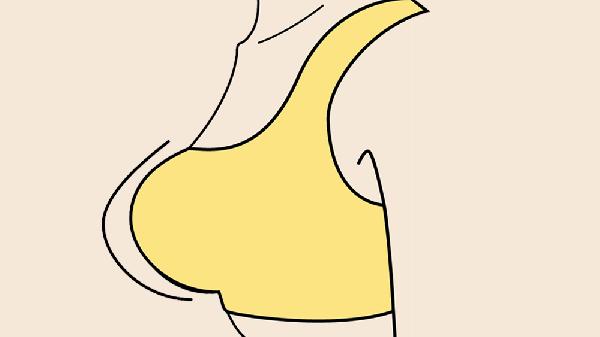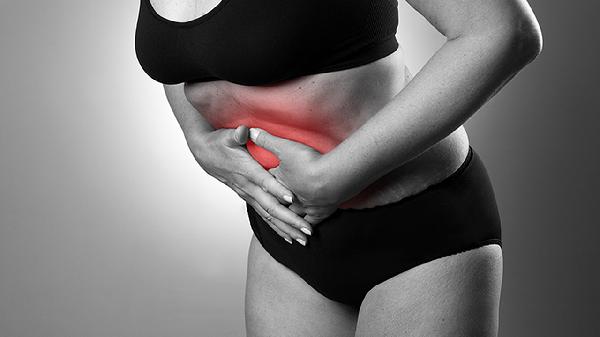Women's Health
What Are the Signs of Postpartum Depression?
Postpartum depression affects new mothers due to physiological and psychological changes, causing mood swings, appetite loss, and disinterest in surroundings. Family support, proper preparation, and maternal self-care are crucial for managing symptoms and fostering recovery.
How soon can a pregnancy test detect pregnancy?
Pregnancy tests detect hCG levels; accurate results are best 1-2 weeks after a missed period. Early signs include missed periods, breast tenderness, nausea, fatigue, and frequent urination. Use test strips correctly or opt for a blood test for early confirmation.
Is Anger Linked to Higher Breast Cancer Risk in Women?
Frequent anger in women increases breast cancer risk, accelerates aging, damages the liver, and harms gastrointestinal health. Managing stress and avoiding prolonged anger are essential for overall well-being and maintaining a youthful appearance.
To Wear or Not to Wear: The Bra Debate for Bedtime
Women should avoid wearing underwear during sleep to prevent breast health issues like hindered blood circulation and toxin buildup. Choose well-fitted, appropriate underwear for different life stages, and prioritize hand washing with specialized soap for hygiene.
What Causes Miscarriage? Key Risk Factors Explained
Natural miscarriage, occurring before 28 weeks, is often caused by genetic abnormalities (50-60% of early cases), environmental factors (radiation, toxins, infections), maternal health issues (infections, hormonal imbalances), and immunological incompatibility. Avoiding cold foods, medications, and harmful exposures is crucial; seek medical help for symptoms like pain or bleeding.
When Can You First Feel Your Baby Kick?
Fetal movements typically start around four months, peaking at seven to nine months. They reflect fetal health and vary in frequency. Changes in movement may signal issues, requiring medical attention. Factors like maternal activity, emotions, and stimuli influence movements. Monitoring and stimulating movements can promote fetal well-being.
What Are the Signs of Ovulation Bleeding?
Ovulation bleeding, occurring between periods, is caused by estrogen changes or follicle rupture and is normal. Symptoms include increased secretions, mild temperature rise, breast tenderness, and mood swings. It doesn’t affect pregnancy and typically lasts 2-3 days. Maintaining a healthy diet and rest helps balance hormones.
Understanding Uremia in Young Women: Causes and Concerns
Chronic kidney disease progresses to uremia, marked by symptoms like fatigue, swelling, and high blood pressure. Risk factors in youth include excessive sugar, fried foods, high meat intake, and lack of exercise. Preventative measures: avoid late nights, holding urine, and salty/oily diets.
Understanding the Primary Reasons Behind Ectopic Pregnancies
Ectopic pregnancy occurs when a fertilized egg implants outside the uterus, often in the fallopian tube, caused by inflammation, malformations, or blockages. Treatment may require salpingectomy, reducing fertility; IVF is needed if both tubes are removed. Post-surgery care includes anti-inflammatory measures, rest, and hygiene.
Why Do Young Women Experience Irregular Periods?
Young women may experience irregular menstruation or amenorrhea due to endocrine disorders, medication effects, poor diet, or mental stress. Prevention involves avoiding uterine surgeries, maintaining a balanced diet, managing stress, and ensuring proper nutrition and exercise.






























